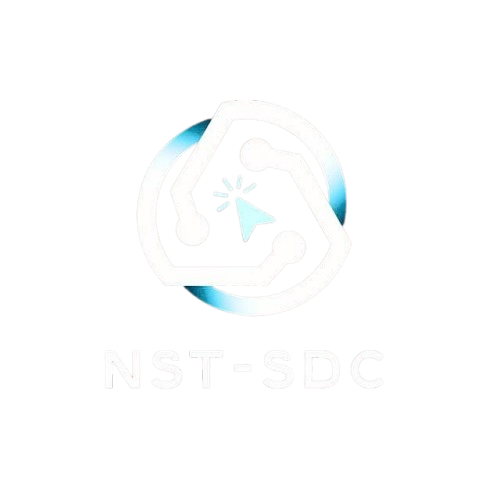Ctrl + Space Hackathon
Innovate Beyond Boundaries
NST ADYPU X LNMIIT JAIPUR
Aug 13 - Sep 21, 2025
About The Hackathon
Ctrl + Space Hackathon brings together innovators, developers, engineers, and space enthusiasts to solve real-world challenges in space technology. This 3-round hackathon spans over 5 weeks, where teams will collaborate to create groundbreaking solutions that push the boundaries of what's possible in space exploration and technology.
Whether you're a seasoned developer, a space science expert, or simply passionate about the cosmos, this hackathon offers a unique opportunity to contribute to the future of space technology through PPT submission, prototype development, and final presentation rounds.
Problem Statement
ODIN - Optimal Dynamic Interplanetary Navigator
Design an agentic AI system capable of autonomously planning and dynamically replanning spacecraft trajectories for Earth-to-Moon missions with real-time hazard detection and avoidance.
Key Requirements:
- Initialize with historical timestamps (2012-2018) for real space weather data
- Continuously monitor solar activity, space weather, and orbital debris
- Use Generative AI for real-time trajectory replanning when threats are detected
- Generate human-readable decision logs with clear trade-off explanations
- Evaluate options based on fuel efficiency (Δv cost), time, and crew safety
Expected Deliverables:
- System architecture and workflow diagrams
- Trajectory visualization and simulation dashboards
- Mock-ups of decision logs and mission control interfaces
- Demonstration of resilience under dynamic space conditions
Intercepting 3I/ATLAS Interstellar Object
Design and simulate a comprehensive space mission to intercept the mysterious interstellar object 3I/ATLAS (C/2019 Y4) before it exits our solar system forever.
Mission Components:
- Track the Object: Build a platform to visualize real-time 3I/ATLAS trajectory
- Design the Mission: Interactive "click to chase" mission planning interface
- Interactive Experience: Engaging 3D visualizations and gamified interface
Technical Considerations:
- Launch window optimization and precise timing analysis
- Spacecraft propulsion system selection (chemical, electric, nuclear, solar sail)
- Travel time vs fuel efficiency trade-offs and mission constraints
- Scientific payload design for comprehensive object study
- Educational value and public engagement aspects
Submission Phases:
- Phase 1: PPT presentation with mission concept and approach
- Phase 2: Working prototype with GitHub repository and deployed demo
Multi-Messenger Event Correlator
Build an advanced system to fetch astrophysical event data from multiple sources and identify potentially related cosmic events through sophisticated spatial and temporal correlation analysis.
Data Sources Integration:
- Gravitational Waves: GWOSC (Gravitational Wave Open Science Center)
- Optical Transients: ZTF (Zwicky Transient Facility) or TNS (Transient Name Server)
- High-Energy Events: NASA HEASARC (gamma-ray bursts, X-ray transients)
- Stellar Catalogs: SIMBAD or VizieR for celestial object context and metadata
Correlation Analysis Methods:
- Temporal Correlation: Events within defined time windows (±10 minutes to ±1 day)
- Spatial Correlation: Sky coordinate matching (RA/Dec) within angular distances
- Cross-Messenger Detection: Multi-source event flagging with confidence scoring
- Event Classification: Identification of neutron star mergers, supernovae, and other phenomena
Expected Output:
- Correlated event clusters with space-time coordinate matching
- Comprehensive metadata for each detected event (source, time, RA/Dec, type)
- Confidence scoring system for correlation reliability
- Visualization dashboard for multi-messenger analysis results
Event Schedule
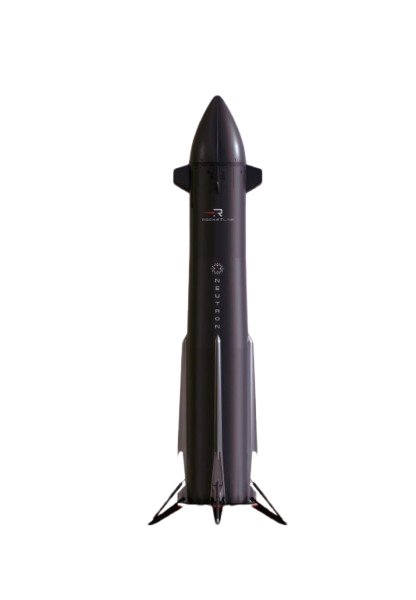
Hackathon Registrations Open
August 13 - August 25, 2025
Register your team for the Ctrl + Space Hackathon on Unstop platform.
PPT Submission Round
August 25 - September 03, 2025
Submit your project proposal and presentation for initial evaluation.
Results Announcement
September 06, 2025
Phase 1 results will be announced and selected teams will proceed to Phase 2.
Prototype Development Round
September 6 - September 16, 2025
Develop your prototype and working solution based on your approved proposal.
Live Event & Final Results
September 19 - September 21, 2025
Final presentations, judging, and announcement of winners with ₹60,000 prize pool.
Crew

Daksh Saini
Crew

Arpit Sarang
Crew
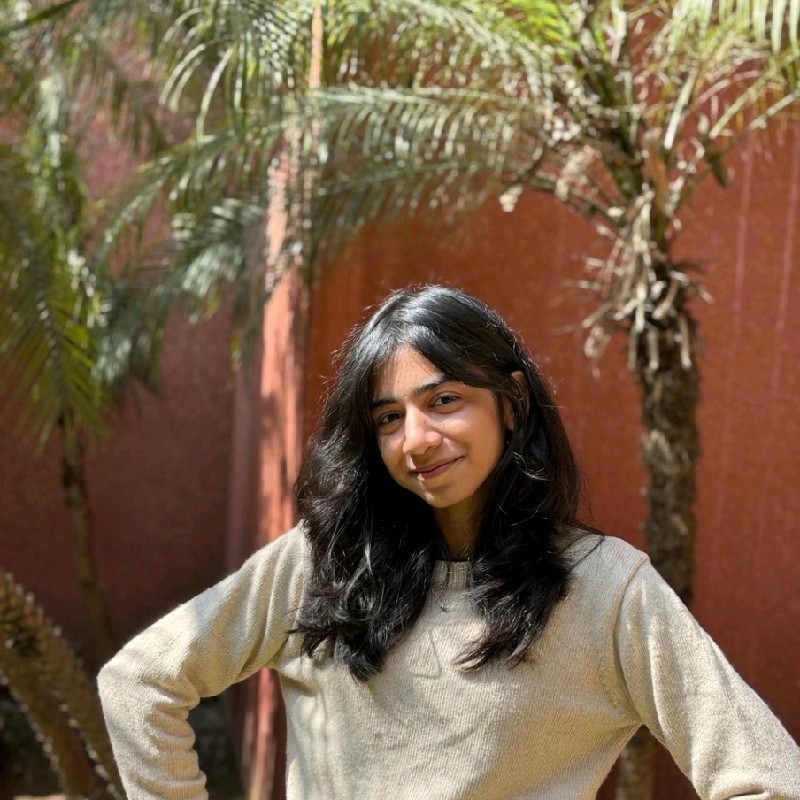
Sunidhi Avasthi
Crew
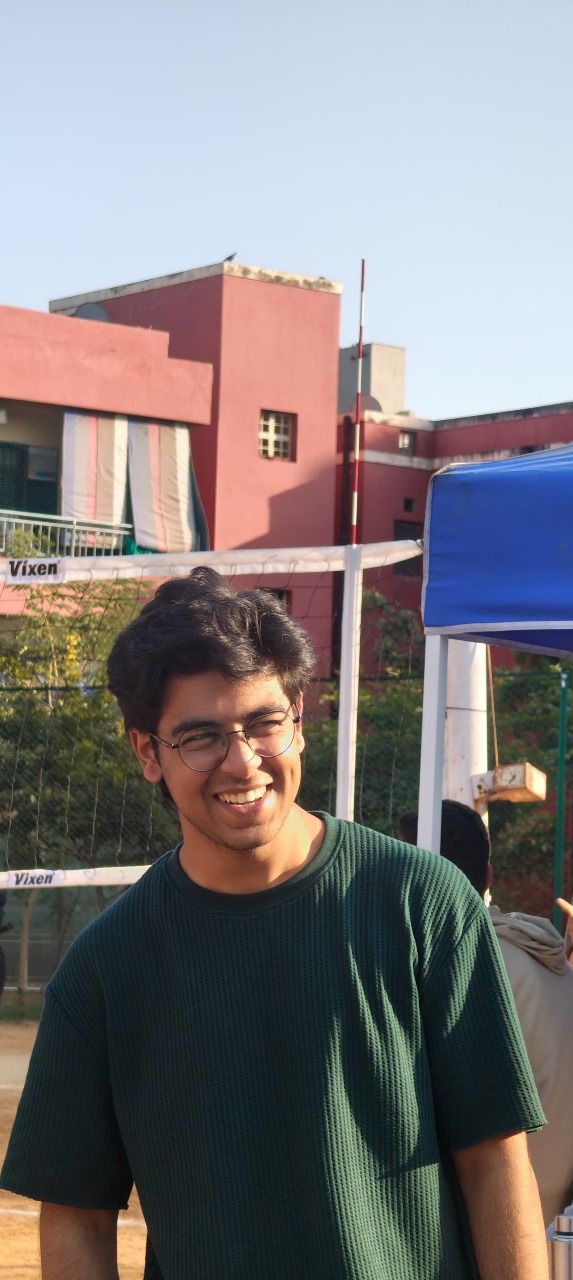
Vibhu Bharadwaj
Crew
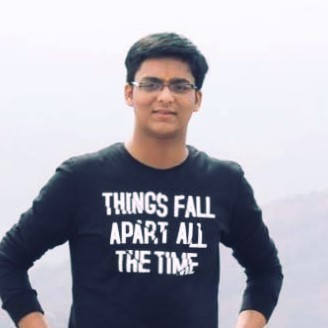
Mudit Choudhary
Crew
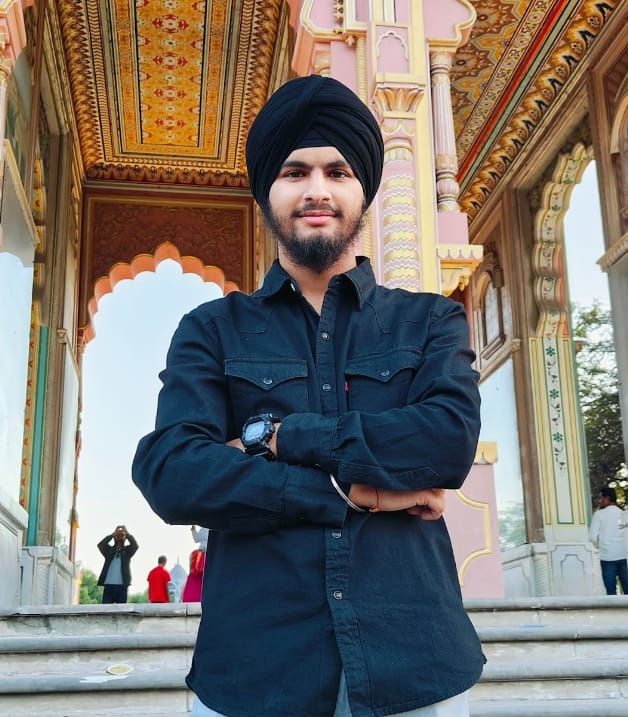
Sirjan Singh
Crew
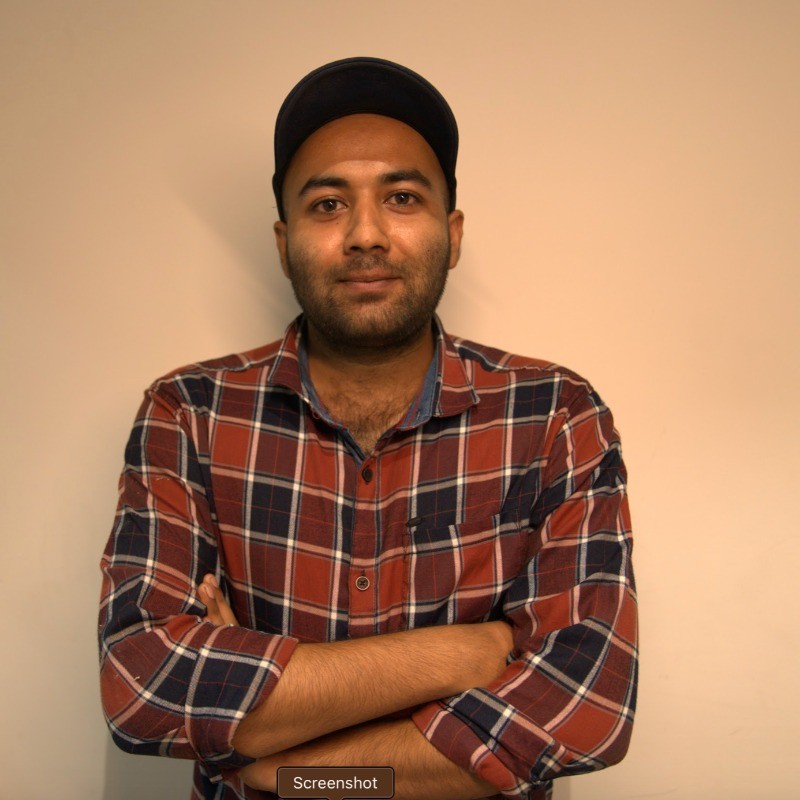
Aditya Prakash
Crew
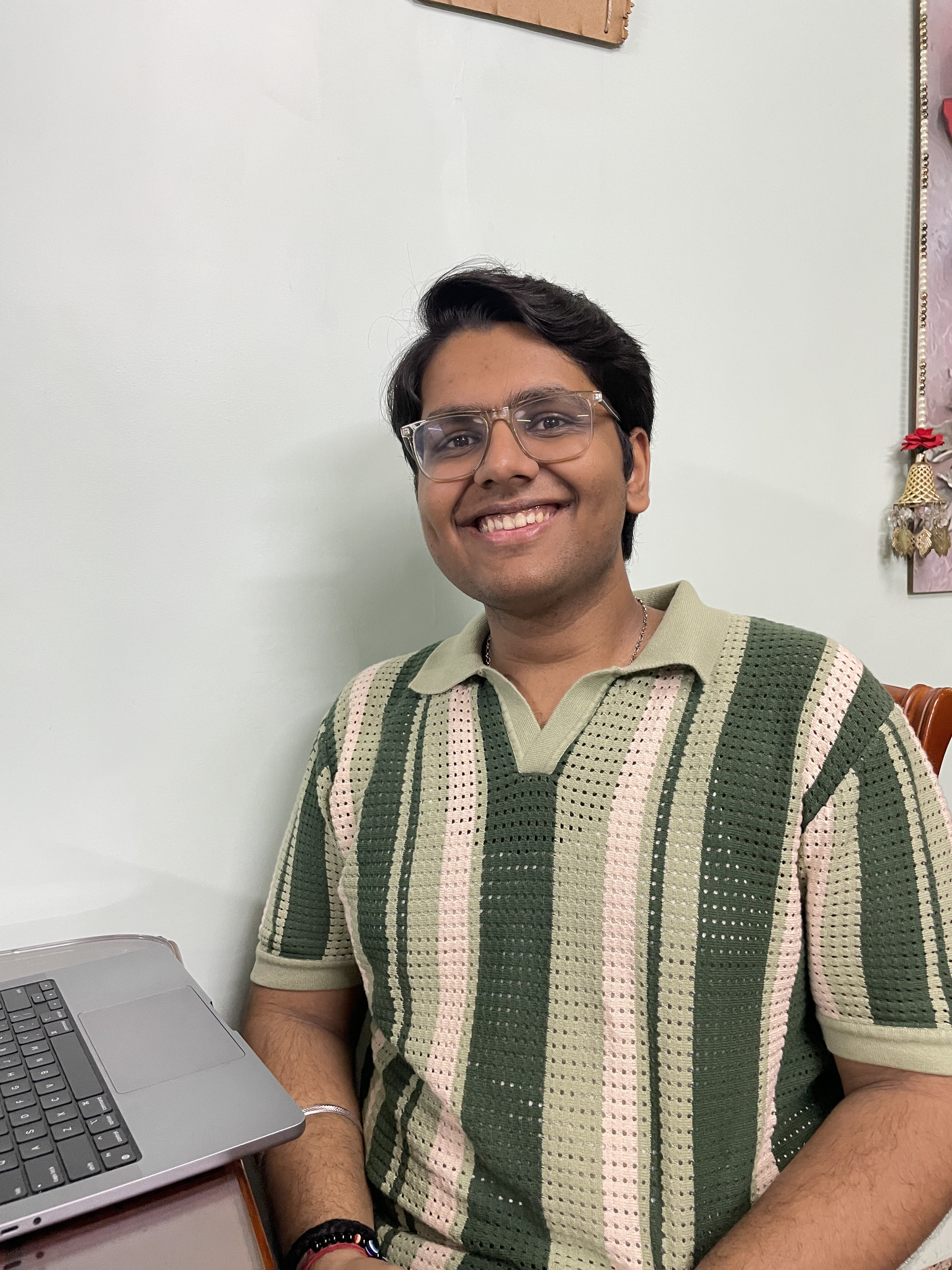
Chiranjeev Agarwal
Crew

Vipul Yadav
Crew
